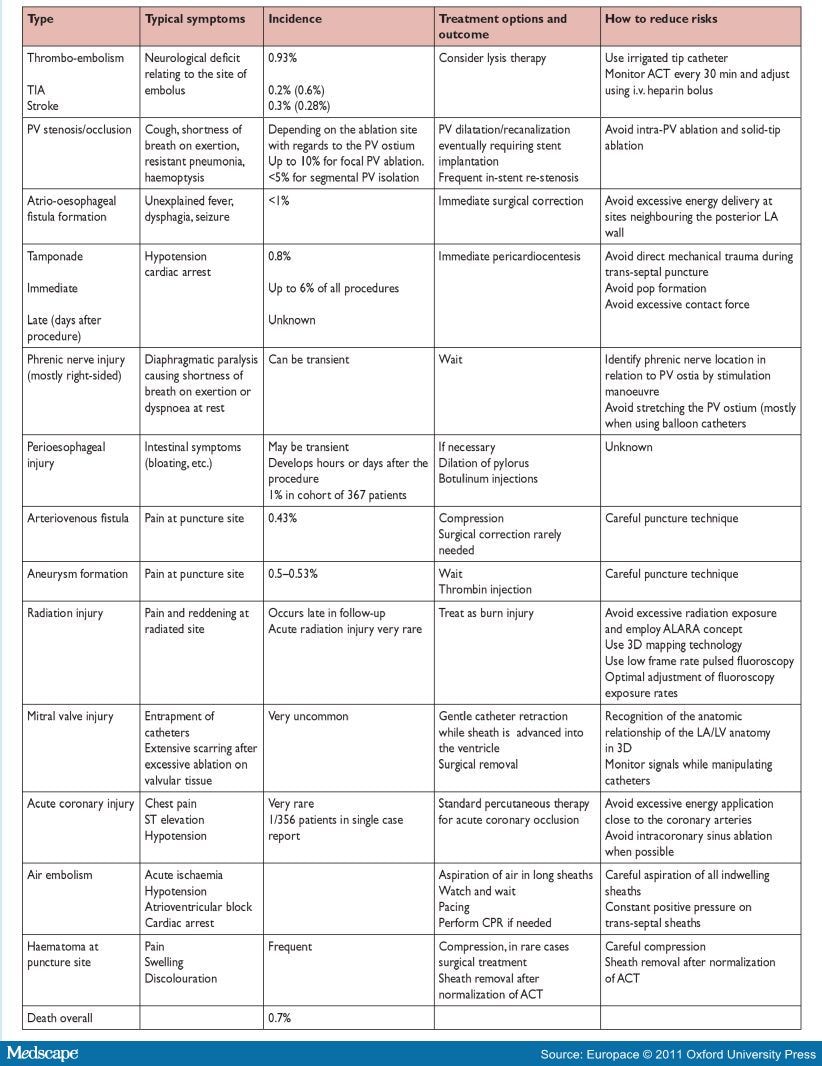

It is characterized by persistent BRADYCARDIA, chronic ATRIAL FIBRILLATION, and failure to resume sinus rhythm following CARDIOVERSION. Instead of the atria and ventricles producing a single contraction, the atria beats so rapidly that it fibrillates. Subscribe to Codify by AAPC and get the code details in a flash. Arrhythmia Types The following are some common types of arrhythmia: Atrial fibrillation (427.31) is a fast and chaotic heartbeat that becomes uncoordinated. The electrical impulses in your heart cannot work. For claims with a date of service on or after October 1, 2015, use an equivalent ICD-10-CM code (or codes). 1 indication for 5 drugs (4 approved, 1 experimental)ĭiseases » Cardiovascular Diseases » Heart Diseases » Arrhythmias, Cardiac » Arrhythmia, Sinus » Sick Sinus Syndromeĭiseases » Cardiovascular Diseases » Heart Diseases » Arrhythmias, Cardiac » Heart Block » Sick Sinus Syndromeĭiseases » Cardiovascular Diseases » Heart Diseases » Cardiac Conduction System Disease » Heart Block » Sick Sinus Syndromeĭiseases » Pathological Conditions, Signs and Symptoms » Pathologic Processes » Arrhythmias, Cardiac » Arrhythmia, Sinus » Sick Sinus Syndromeĭiseases » Pathological Conditions, Signs and Symptoms » Pathologic Processes » Arrhythmias, Cardiac » Heart Block » Sick Sinus SyndromeĪ condition caused by dysfunctions related to the SINOATRIAL NODE including impulse generation ( CARDIAC SINUS ARREST) and impulse conduction ( SINOATRIAL EXIT BLOCK). I48.0 ICD-10-CM Code for Atrial fibrillation and flutter I48 ICD-10 code I48 for Atrial fibrillation and flutter is a medical classification as listed by WHO under the range - Diseases of the circulatory system. AFIB with a rapid ventricular response is a kind of irregular heartbeat. ICD-9-CM 427.31 is a billable medical code that can be used to indicate a diagnosis on a reimbursement claim, however, 427.31 should only be used for claims with a date of service on or before September 30, 2015.


 0 kommentar(er)
0 kommentar(er)
